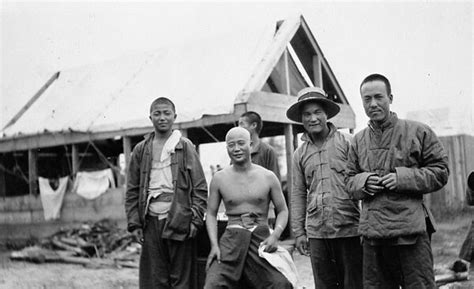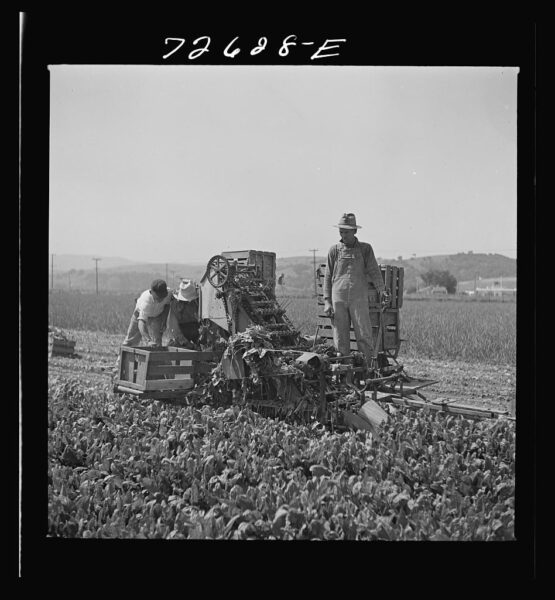
Introduction
The history of Chinese immigrant laborers began with the California Gold Rush, where thousands of hopeful workers migrated to the US in hopes of attaining wealth and being able to send some of that wealth back home to their families. What they met here in the US were miserable working conditions, rampant discrimination, and a country hostile to their discrimination. Stripped of their rights and dignity, Chinese laborers sought protection through labor unions, creating their own and seeking assistance from others. Here, they were able to fend for themselves, dispel underhanded exploitative practices, and find greater advocacy for their own social rights. However, the relationship between Chinese laborers and organized labor is not neatly defined and has fluctuated from union to union and from time period to time period. At times where they found aid and assistance from unions, they found violence and hostility from another; at times when they needed unions to provide them benefits, they came to no longer depend on them in recent years. In this essay, I will argue that the relationship between Chinese immigrant workers and American labor unions is largely negative, albeit with some positive elements. This essay seeks to explore the relationship between Chinese workers and labor unions in the US, how unions were both a source of help and hostility, and why unionization rates among Chinese workers have plummeted as of late. I will examine these topics in a linear temporal fashion, beginning first with the labor unions created by Chinese workers for Chinese workers, to explore their necessity in the lives of defenseless immigrant workers; then compare and contrast differing relations between workers and unions, ranging from supportive to negligent to oppositional; and finally conclude by investigating the current unionization trends among Chinese immigrant workers, and how these rates compare to other immigrant demographics.
Chinese Unions, for Chinese Workers
Chinese workers largely settled on the West Coast due to the earlier Gold Rush, establishing their own communities, and attracting even more immigrants to those areas. Following the Gold Rush, many Chinese workers took up low paying jobs, such as cigar making or working in laundromats. Unions were created for a variety of reasons, not only to provide economic benefits and protect vulnerable Chinese immigrants, but also to uphold culture and tradition among workers – Berkeley Professor Walter Fong writes:
“It is customary among the Chinese… to worship their dead at the grave… each member is expected to contribute a small sum of money for the expenses.”
This practice also applies to celebrating holidays, birthdays, and deathdays of Gods in Chinese religion, highlighting the extensive cultural services that unions provide to its members, on top of the usual economic benefits. Here, we can see that unions act as a preserving force for Chinese culture, intensifying the relationship between immigrant workers and labor unions. As Fong explains, these unions provide extensive benefits to its members, ranging from “[protecting] their members from being wronged by the white people”, “[uniting] against other Chinese who may take away their work”, “[settling] disputes among their own members”, “and to “keep up wages”. These four objectives of Chinese labor unions reflect its importance in the lives of Chinese laborers, not only providing them economic and social benefits, but also protection against external threats who may uproot their jobs or otherwise seek to exploit them. In this investigation, we can see that the relationship between Chinese workers and Chinese unions is very close, with workers depending on unions for a variety of benefits that are essential to their livelihoods, including cultural preservation. As such, unions played a far larger role than simply advocating for better economic conditions.
Continue reading →









 Jen Fontanilla
Jen Fontanilla








